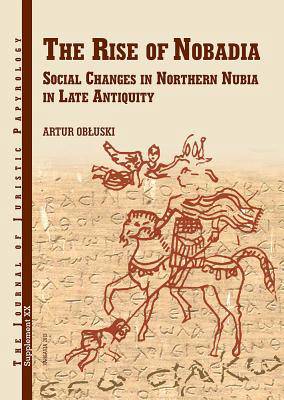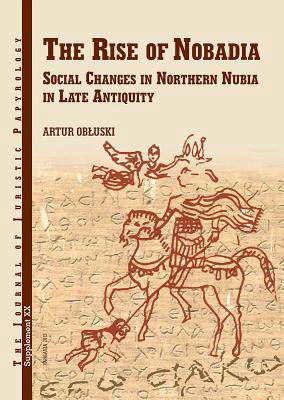
Bedankt voor het vertrouwen het afgelopen jaar! Om jou te bedanken bieden we GRATIS verzending (in België) aan op alles gedurende de hele maand januari.
- Afhalen na 1 uur in een winkel met voorraad
- In januari gratis thuislevering in België
- Ruim aanbod met 7 miljoen producten
Bedankt voor het vertrouwen het afgelopen jaar! Om jou te bedanken bieden we GRATIS verzending (in België) aan op alles gedurende de hele maand januari.
- Afhalen na 1 uur in een winkel met voorraad
- In januari gratis thuislevering in België
- Ruim aanbod met 7 miljoen producten
Zoeken
€ 77,45
+ 154 punten
Omschrijving
The author of this book presents an innovative approach to the history of Nubia. The period covered includes the fall of Meroe and the rise of the united kingdom of Nobadia and Makuria. The emphasis was put on the analysis of social and political changes. Moreover some major improvements of the chronological nomenclature have been suggested. To date, it has been largely influenced by the early 20th cent. politically incorrect approach to African cultures and the contemporary state of research. The author implies that there is actually no reason which would compel modern scholars to study and describe the history of Nubia in other ways than the rest of the world. It means that all studies post-dating this path-breaking book should be based on actual political changes and not vague racial or religious criteria. Nowadays we can be certain that after the fall of Meroe there was no political vacuum, but various political organisms immediately started to rise: Nobadia, Makuria and Alwa. For this reason the term 'Group X' should not be used any longer.
Specificaties
Betrokkenen
- Auteur(s):
- Uitgeverij:
Inhoud
- Aantal bladzijden:
- 258
- Taal:
- Engels
- Reeks:
Eigenschappen
- Productcode (EAN):
- 9788392591993
- Verschijningsdatum:
- 31/12/2014
- Uitvoering:
- Hardcover
- Formaat:
- Genaaid
- Afmetingen:
- 165 mm x 231 mm
- Gewicht:
- 725 g

Alleen bij Standaard Boekhandel
+ 154 punten op je klantenkaart van Standaard Boekhandel
Beoordelingen
We publiceren alleen reviews die voldoen aan de voorwaarden voor reviews. Bekijk onze voorwaarden voor reviews.









